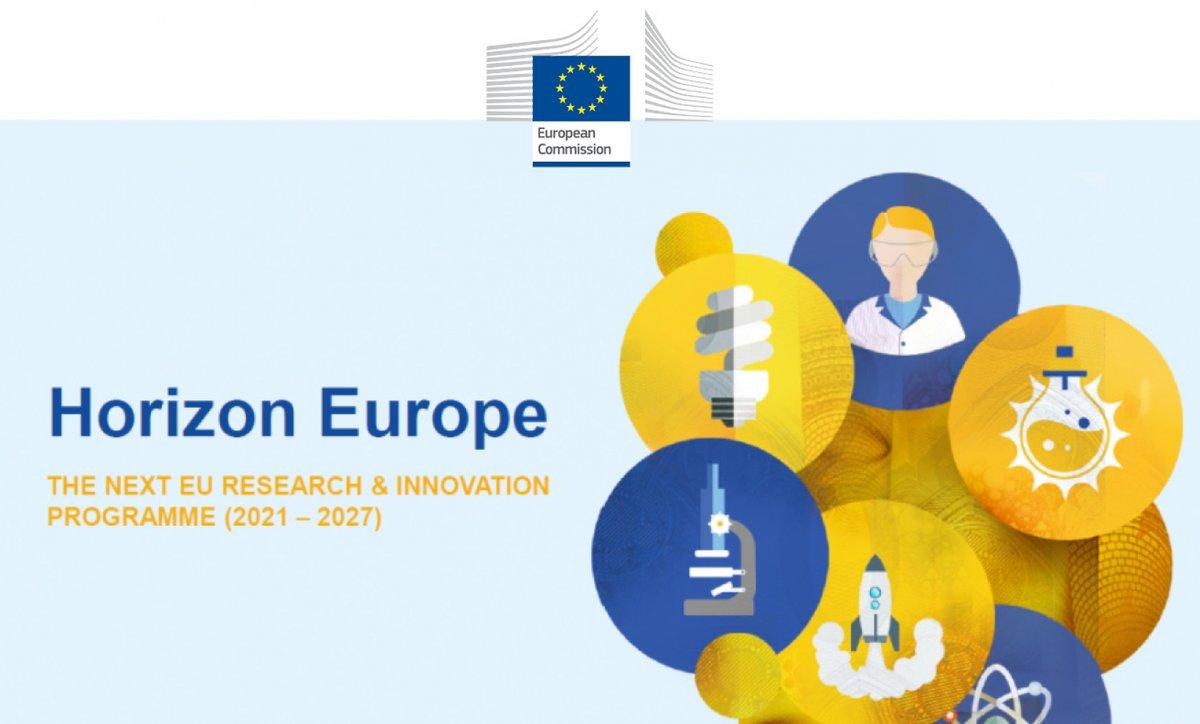Authors: Ben Allen, Faustine Bas-Defossez
Never has a research and innovation framework design exercise been so important to the future of Europe. With a headline budget of €100bn, the Commission is currently engaging with citizens, researchers, policymakers, innovators and others to debate and shape the strategic priorities for Horizon Europe – EU’s future research and innovation framework programme.
The proposed Horizon Europe research structure sets out a series of ‘clusters’ to help the EU achieve its contribution to ‘global challenges and European industrial competitiveness’. The clusters related to the environment (climate, energy and mobility (cluster 5) and food, bioeconomy, natural resources, agriculture and environment (cluster 6)) include some of the most significant challenges that Europe has faced in decades and form a central core of IEEP’s work.
Here is what IEEP has said as part of its response to the Commission’s call for inputin co-designing Horizon Europe priorities for 2021-2024.
Research and Innovation (R&I) has and will continue to be crucial in enabling societies to address a wide range of challenges in a sustainable future. To be impactful, research should be participatory, tailored to societal challenges and goals, whilst retaining space for open-research (leading to unexpected discoveries). Whilst forward-looking, R&I should prospect the past ensuring we learn from what has gone before.
Horizon Europe is more than just R&I, addressing the gap between science and policy (and between science and society) as well as measuring the real impacts/societal benefits of R&I activities remains a significant challenge to leveraging the considerable research base in Europe. R&I needs to be translated quickly through policy and into practice, through the science-policy and science-society interface, which should be an essential part of any publicly funded R&I programmes, including Horizon Europe.
Historically, R&I in agriculture has focused primarily on increasing productivity (cf. the green revolution) but this productivity-focused approach has come at significant cost, by focussing on one goal, rather than many – the so-called planetary boundaries. Transitioning away from a fossil-based economy towards a circular-bio economy implies a greater role (and pressure) for the rural land using sectors to meet the growing demand for biomass, including food, energy and material use. Yet these same sectors face the dual challenge of being vulnerable to the increasing pressure of climate change and environmental stresses, whilst simultaneously creating emissions and damaging ecosystems. Finding practical solutions to both addressing and reversing the impact of agriculture and forestry on climate and the environment whilst ensuring long term productivity should be a core goal of R&I priorities in this area. The mission-based approach is a welcome change in EU R&I, through its proposed approach to address cross-sectoral and cross-objective need as well as the participatory requirement in its design.
The identification of truly synergetic approaches that can deliver multiple benefits and meet several SDGs is a priority. The mission dedicated to soil health and food should, therefore, prioritise R&I actions that can positively contribute to multiple objectives. These include reducing the overall climate and environmental footprint of agricultural production and leveraging the full potential (and need) of the sector to play a leading role in climate mitigation for society as a whole and in rebuilding ecosystems on which future production gains depend.
Developing solutions for these different challenges is unlikely to be possible simply through innovative technology alone. There remains a need for more systemic changes in the way rural land is managed and for fostering the widespread adoption of sustainable practices, as recognised by the mission-based approach. Doing so requires support beyond R&I and technological development, including organisational, institutional and market changes as well as capacity building and knowledge sharing services. Production side actions will need to be complemented with a greater focus in R&I on how we consume as a society, and the role of changing consumption patterns in addressing climate and environment goals.
Challenges in the food system require global solutions. The specific programme, as well as the work programme, should outline clearly how Horizon Europe will contribute to addressing food and nutrition insecurity in the developing world alongside environment and climate challenges. Actions with positive external EU R&I spill-overs should be prioritised. Research platforms such as the EU-Africa R&I Partnership on food and nutrition security and sustainable agriculture should continue to benefit under Horizon Europe. To amplify positive cooperation, ownership of agricultural research agenda by African countries should be strengthened through, for example, funding mechanisms which are mutually beneficial and address the overall imbalance in human and infrastructural research capacity hampering effective research.
The solutions needed from EU R&I are substantial, and the timescale short. To be successful and bring about change, EU R&I needs an equally substantial budget. Increased public R&I expenditure is essential to address societal challenges, and thus to leverage additional private investment. The €10bn allocated by the European Commission for the food and natural resources cluster in the Horizon Europe budget should be seen as the minimum requirement and to the extent possible, increased in the agreed legislative text.
Image © European Commission


